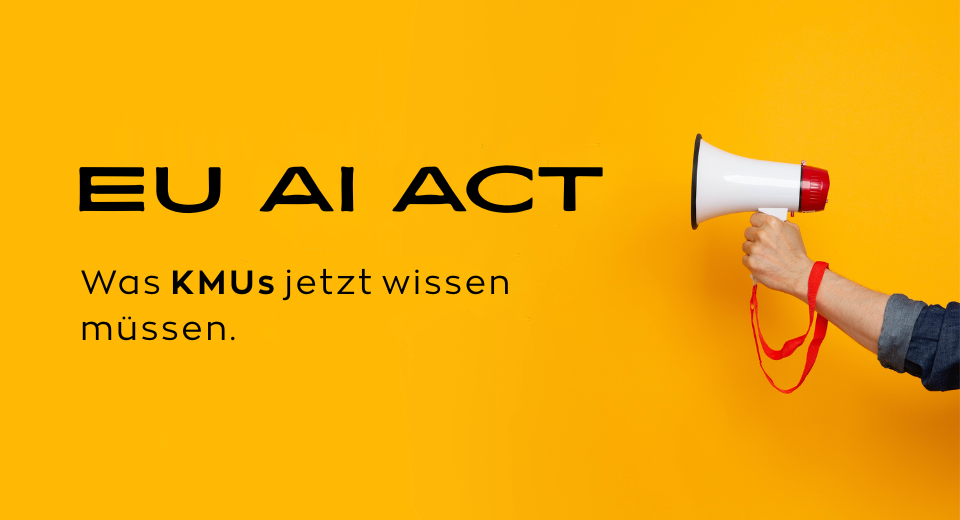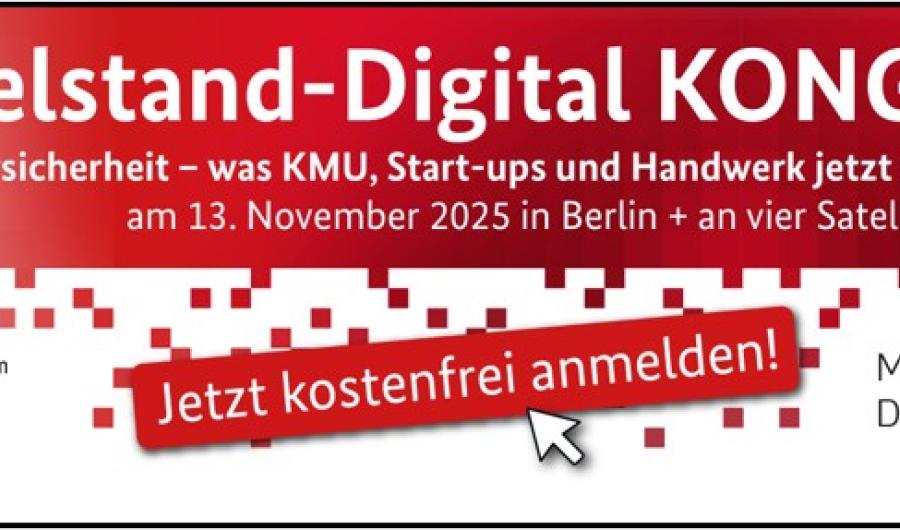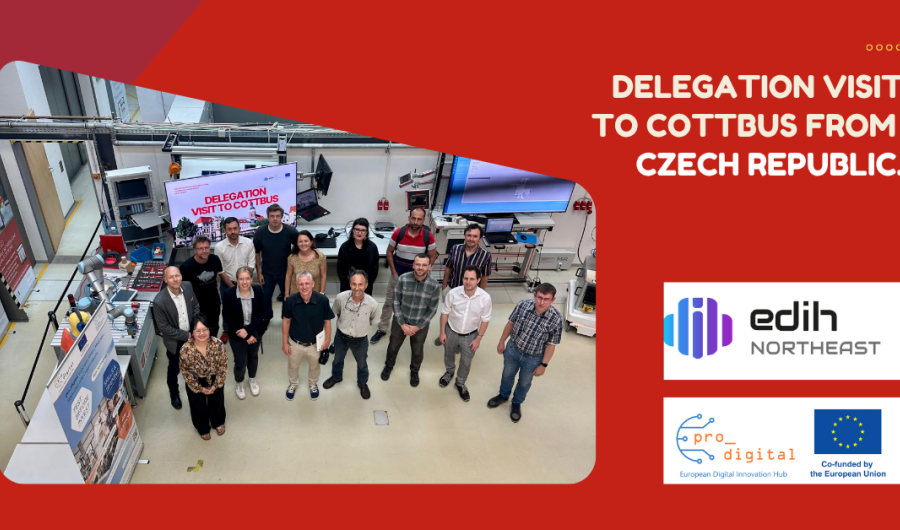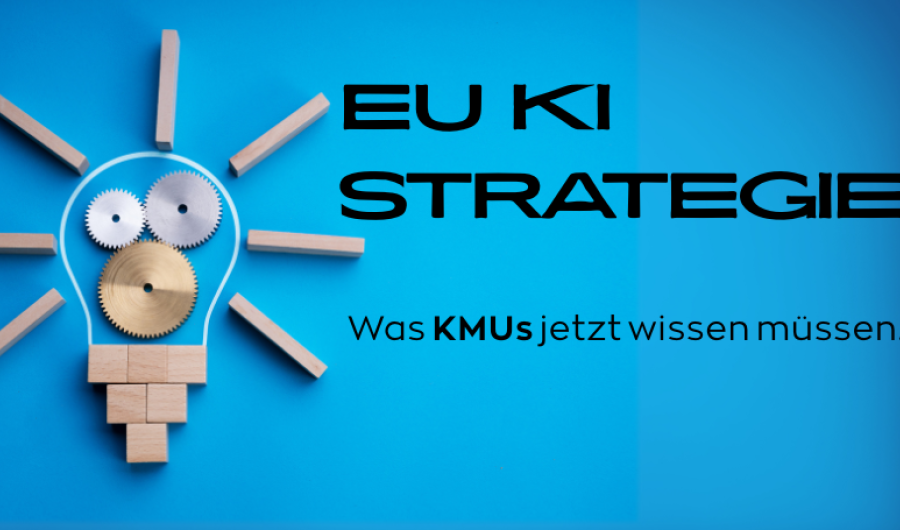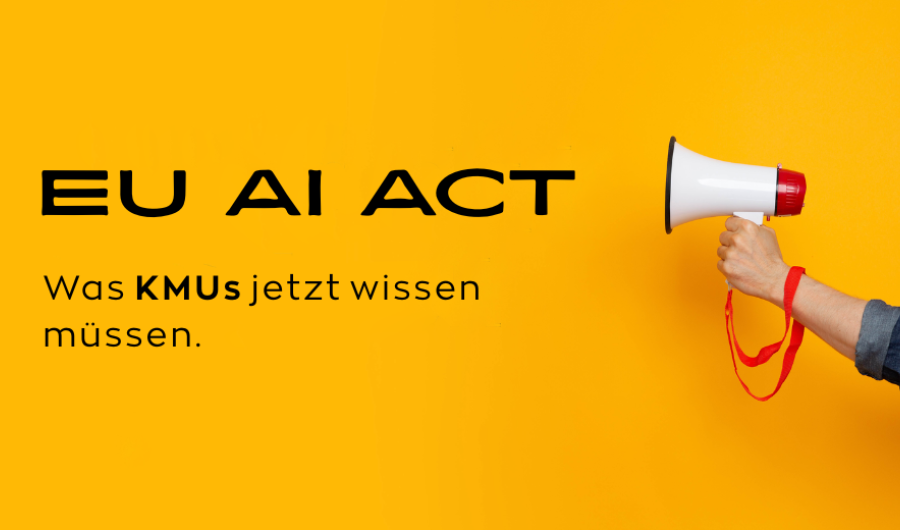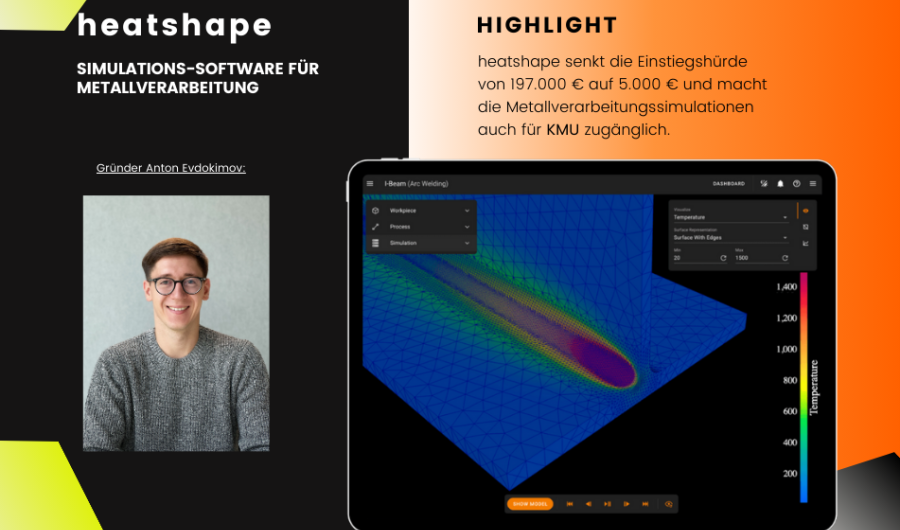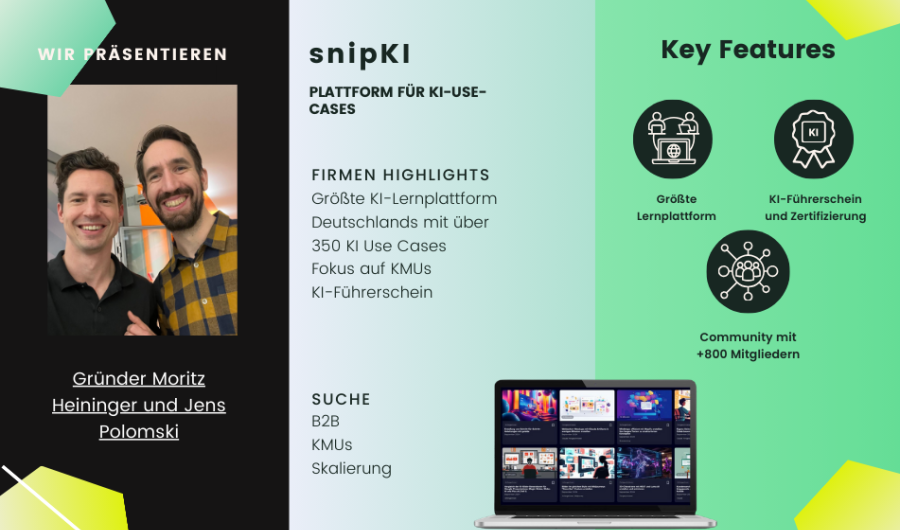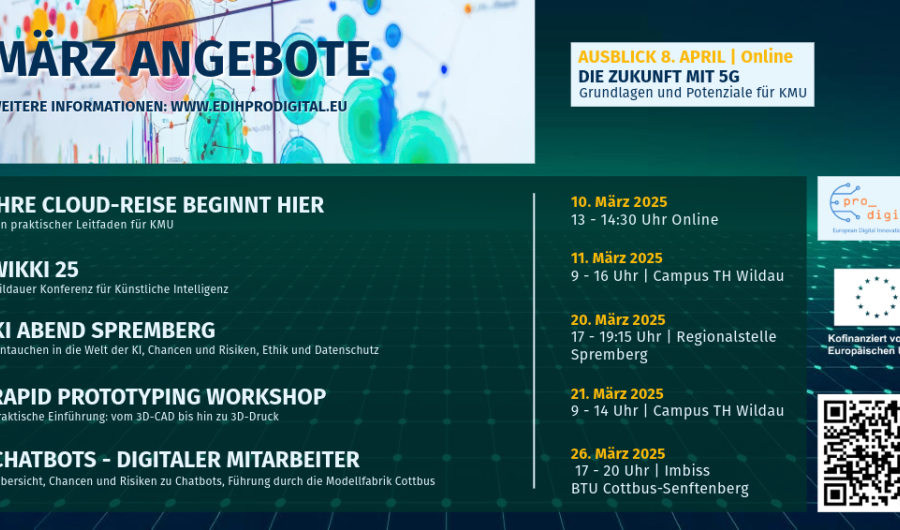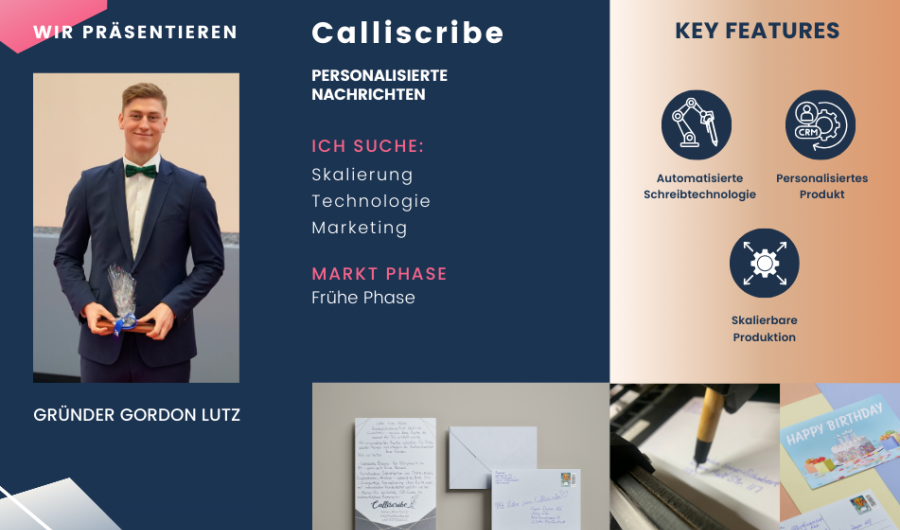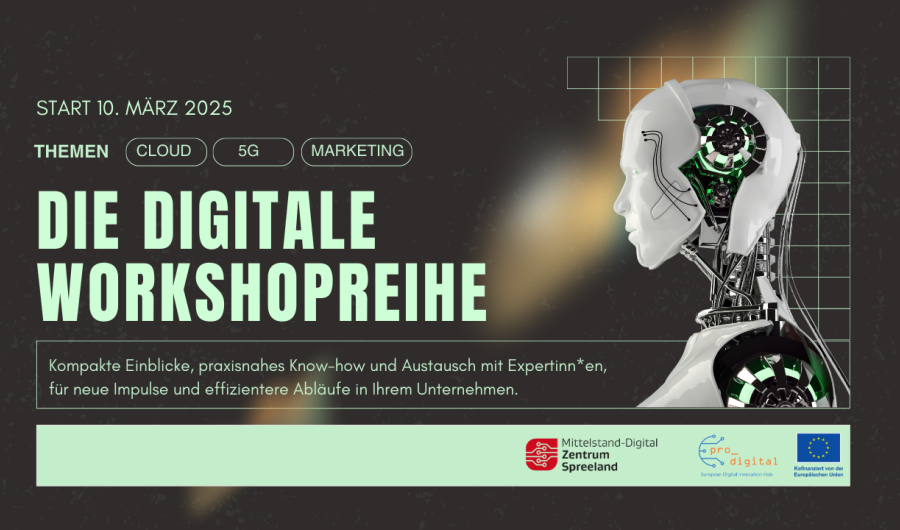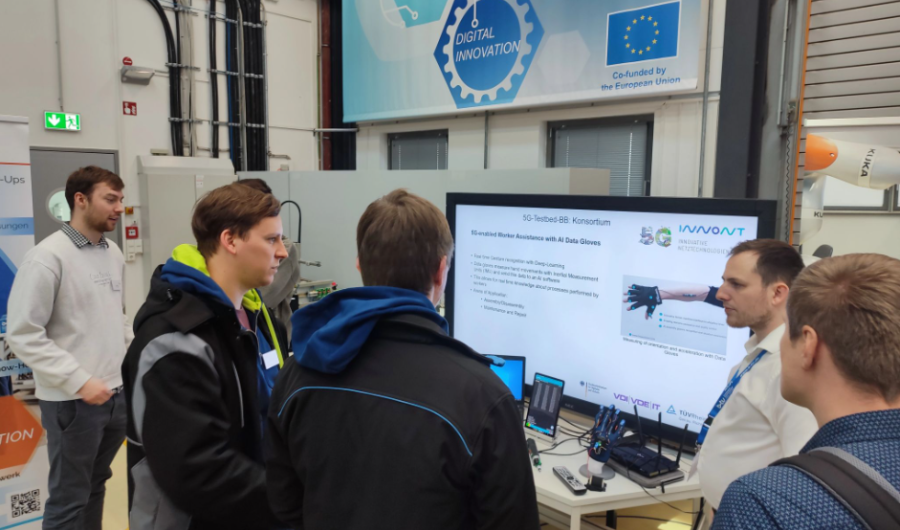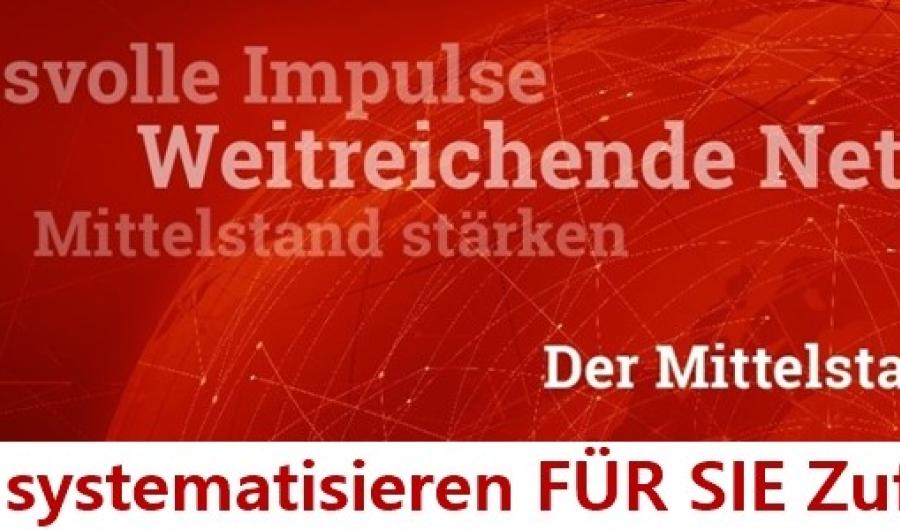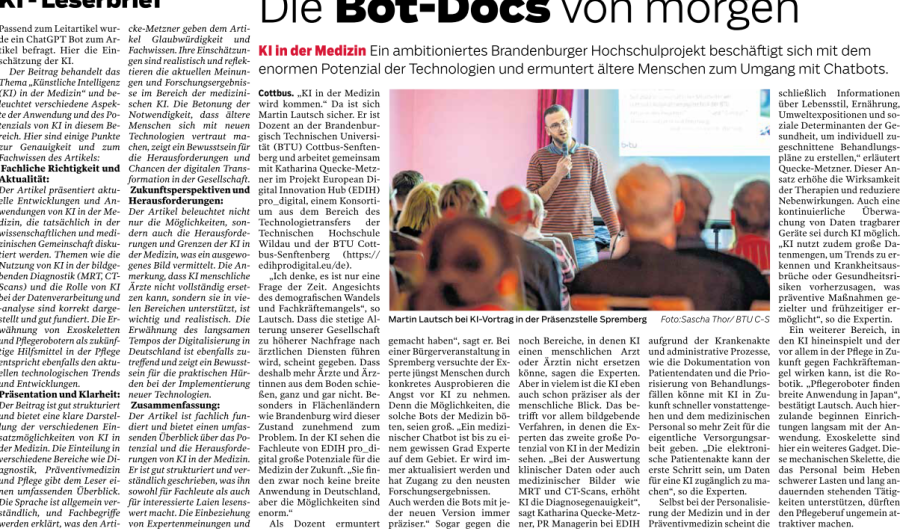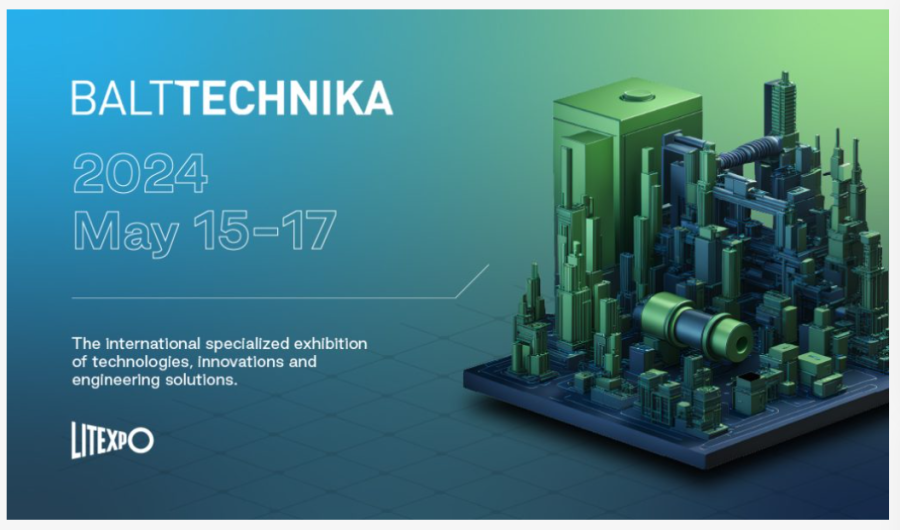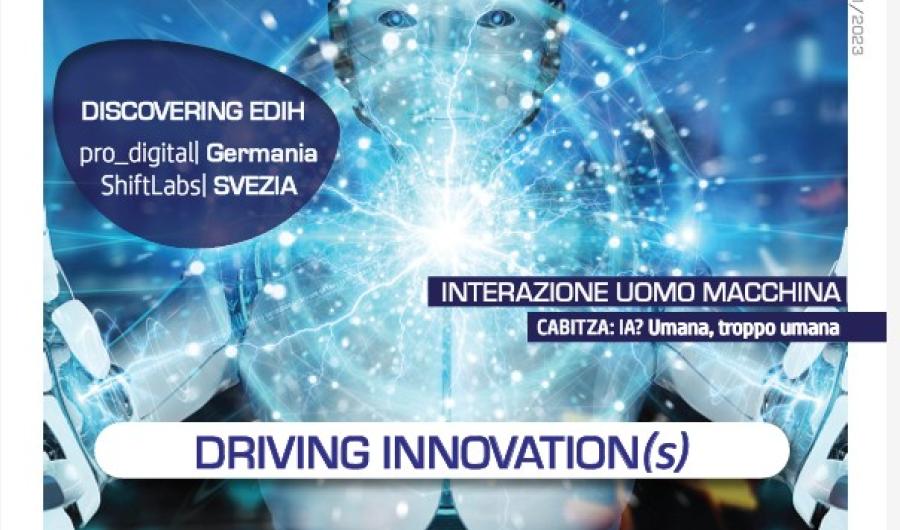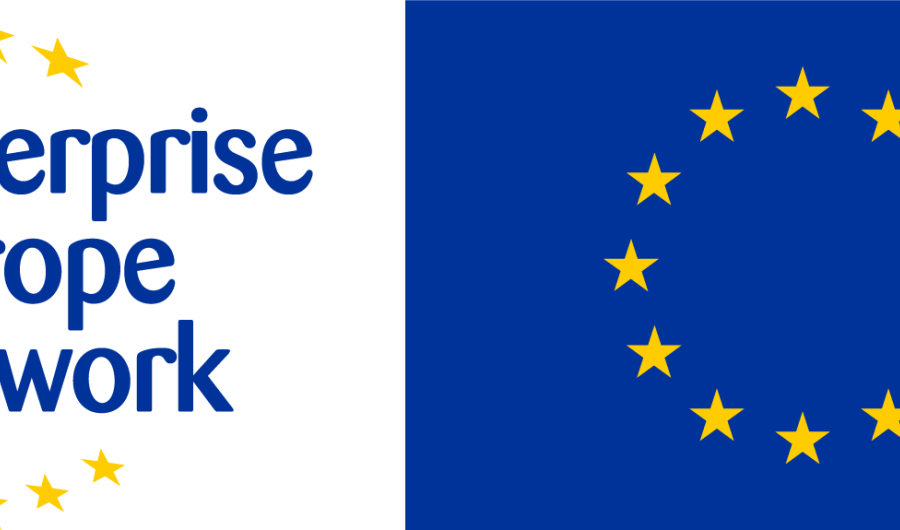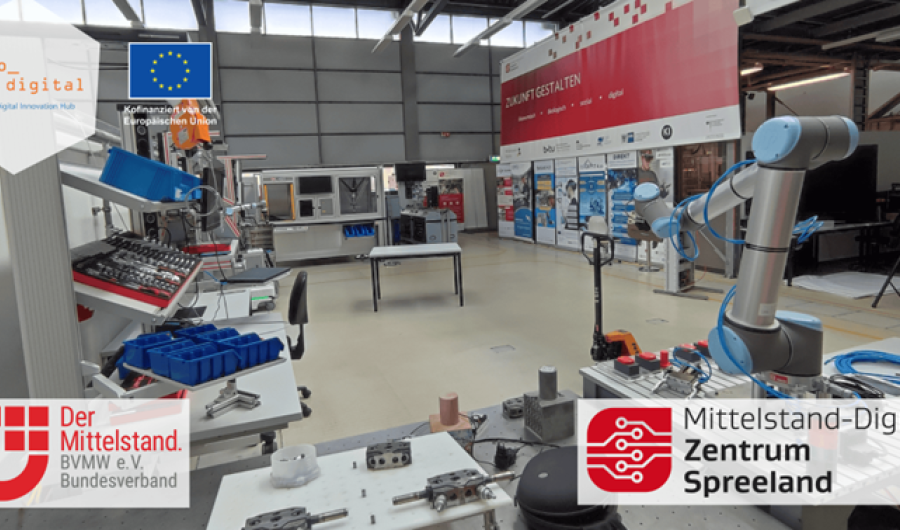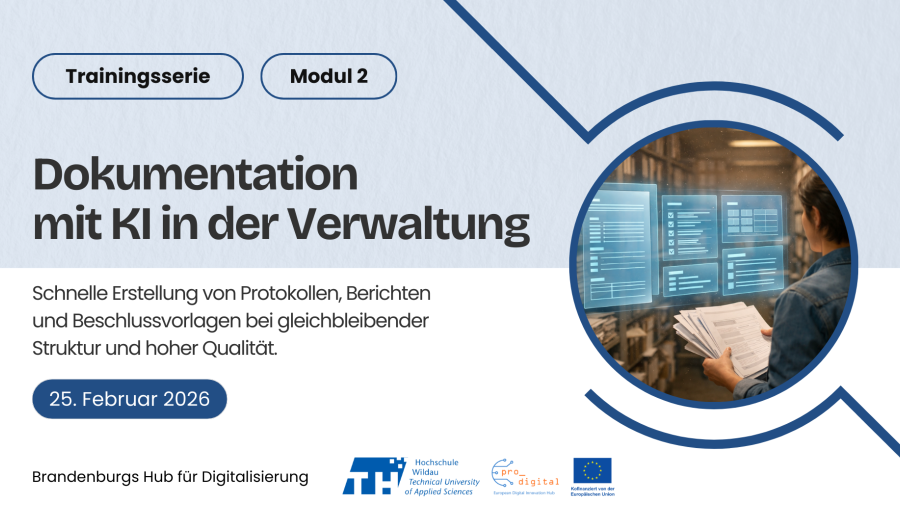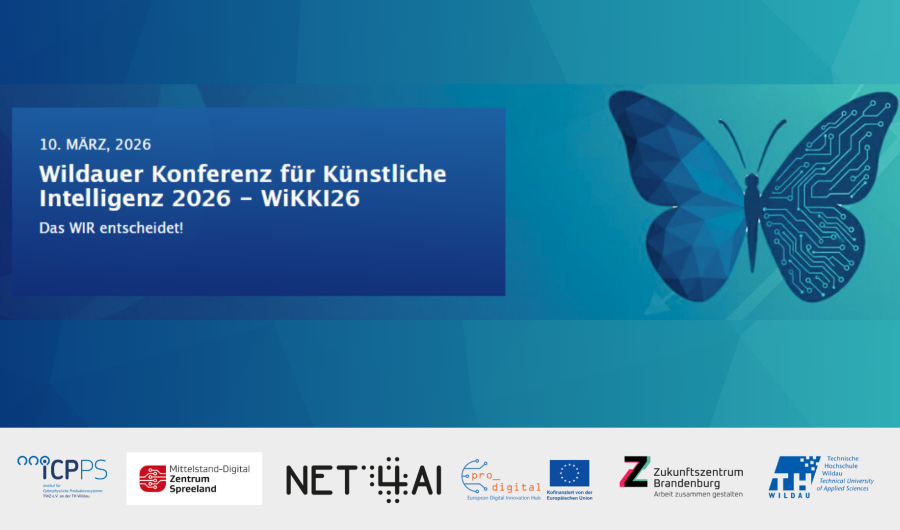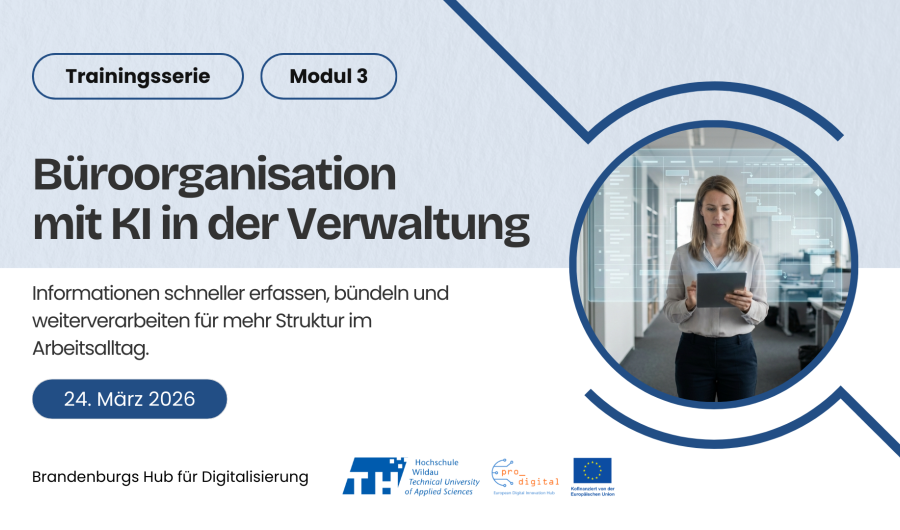EU AI Act: Opportunities and Challenges for Small and Medium-Sized Enterprises in Europe
It is now crucial for SMEs in Brandenburg to understand the impact of the EU AI Act on their work processes and to take timely action.
EU AI Act: Opportunities and Challenges for Small and Medium-Sized Enterprises in Europe
The world of artificial intelligence (AI) is rapidly changing the landscape for companies. Companies worldwide are increasingly relying on AI to optimize their processes and communication and to meet the challenges of digital transformation. In Europe, the path for innovative AI use underlies tough advanced regulation with a growing range of support for small and medium-sized enterprises (SMEs). But what opportunities and challenges does this change offer?
1. The state of AI policy in Europe
Europe is considered a world leader when it comes to regulating AI. Especially highlighted is the EU AI Act, which is considered the first comprehensive legal framework for AI worldwide. This regulation takes a risk-based approach and divides AI systems into different risk classes. High-risk technologies, such as in the field of healthcare or recruitment, are subject to strict requirements in terms of transparency, data quality and human supervision. The focus is on ethical principles and the promotion of transparent, secure AI technologies, providing an important basis for SMEs in particular to gain trust and to design the use of AI responsibly.
In addition to regulation, the Digital Governance Act and the Data Act are also driving the creation of data rooms and simplified use of data. These initiatives offer new opportunities to develop AI-powered solutions based on high-quality data.
2. The current challenges for SMEs
Despite the clear policy framework, many SMEs face significant challenges:
- Regulatory burdens: Compliance with the requirements of the AI Act can be particularly difficult for smaller companies a big hurdle. The necessary compliance measures, especially for high-risk AI applications, are often expensive and technically demanding.
- Access to data and infrastructure: Many SMEs are still struggling with access to high-quality data sets and the necessary technical infrastructures. Sharing data across borders is also complicated by the development of innovative AI solutions.
- Competition and fragmentation: Global competition, especially with the US and China, poses another challenge. Market fragmentation and different regulations can make it difficult to keep up with international markets.
In the AI era, small and mediumsized companies (SMEs) in Europe have numerous opportunities. The clear regulation of the AI Act creates trust, ethical AI enables positioning as a pioneer and funding programs support innovation. SMEs can also gain competitive advantages through tailor-made solutions in niche markets.
Opportunities for SMEs in the AI era:
- Trust through regulation: Transparency and trust through the AI Act and CE marking for AI products.
- Ethics and human-centric AI: Using the focus on ethical, responsible AI to differentiate.
- Support programs and funding opportunities: EU programs such as Horizon Europe and national funding for AI innovations.
- Niche markets and tailor-made solutions: potential in specialized AI applications, e.g., in agricultural technology, healthcare, or sustainability.
In the next article, I will delve deeper into these opportunities and give concrete strategy hints for SMEs to use these potentials effectively.
Click here for PDF







Next workshop: What to expect from SMEs - EU AI Act Workshop
